![图片[1]-Drone Crop Spraying Equipment Manufacturers: Driving Precision and Sustainability in Agriculture-msoen](https://www.msoen.com/wp-content/uploads/2025/04/4e0da2d332214638-768x1024.jpg)
The Evolution of Farming Technology
The global agricultural landscape is undergoing a transformative shift as drone crop spraying equipment manufacturers pioneer innovative solutions to address labor shortages, environmental concerns, and inefficiencies in traditional farming. By combining robotics, AI, and precision agriculture, these manufacturers empower farmers to optimize crop yields, reduce chemical usage, and adopt eco-friendly practices. This article explores the role of these manufacturers, their technological advancements, and the strategic advantages they bring to modern farming.
- Key Technologies Shaping Drone Crop Spraying Equipment
A. Advanced Hardware Design
- High-Payload Drones: Industrial-grade drones capable of carrying 30–50 liters of pesticide or fertilizer mix, featuring carbon fiber frames for durability and extended flight times.
- Smart Spray Systems: Adjustable nozzles, flow meters, and sensors ensure uniform application, minimizing drift and chemical waste.
- Obstacle Avoidance: LiDAR and thermal imaging enable safe navigation in dense orchards, vineyards, or uneven terrains. B. AI-Driven Software
- Precision Mapping: AI algorithms analyze satellite imagery and soil data to create optimized spray patterns, targeting weeds and pests with millimeter accuracy.
- Autonomous Flight Control: Drones execute pre-programmed missions or adapt in real time to weather changes, crop health variations, or pest outbreaks. C. IoT and Connectivity
- Real-Time Monitoring: Farmers receive live updates on spray progress, fuel levels, and system health via mobile apps or cloud platforms.
- Predictive Analytics: Machine learning models forecast pest hotspots, enabling proactive interventions and resource allocation.
- Benefits of Partnering with Drone Crop Spraying Manufacturers
A. Cost Efficiency
- Labor Savings: Reduces reliance on manual spraying crews by up to 70%, cutting seasonal labor costs.
- Chemical Reduction: Targeted application decreases pesticide use by 30%, lowering input expenses and environmental impact. B. Enhanced Crop Yields
- Early detection of pests and diseases enables timely treatment, preserving crop health and boosting productivity by 15–20%.
- Uniform coverage ensures optimal nutrient absorption, particularly in crops like rice, wheat, and soybeans. C. Environmental Sustainability
- Reduced Chemical Runoff: Precision spraying prevents contamination of waterways and soil.
- Carbon Footprint Reduction: Electric and hybrid drones contribute to greener farming practices, aligning with global sustainability goals.
- Applications Across Agricultural Sectors
A. Row Crops
- Corn and Soybeans: Drones treat large fields for weeds and pests, adapting to variable crop heights and canopy densities.
- Cotton Farms: Minimizes chemical exposure to delicate fibers while ensuring consistent pest control. B. Orchards and Vineyards
- Fruit Trees: Prevents chemical drift to protect pollinators and maintain fruit quality.
- Vineyards: Treats grapevines in tight rows without damaging trunks or roots. C. Specialty Crops
- Rice Fields: Navigates flooded paddies to apply herbicides, improving crop resilience.
- Hemp and Vegetables: Delivers foliar nutrients and pest treatments in controlled, small-scale operations.
- Compliance and Safety Considerations
A. Regulatory Adherence
- Manufacturers design equipment to meet global standards (e.g., FAA, EASA) and pesticide handling regulations.
- Includes automated fail-safes, GPS tracking, and operator certification programs. B. Safety Features
- Enclosed Nozzles: Prevent chemical leakage during flight.
- Emergency Protocols: Auto-return-to-home functions and collision avoidance mitigate risks in unpredictable conditions.
- The Future of Drone Crop Spraying Equipment
- Swarm Technology: Fleets of drones working in tandem to treat thousands of acres autonomously.
- Solar Hybrids: Extended flight times powered by renewable energy sources.
- Biodegradable Components: Eco-friendly materials reduce waste and environmental impact.
Conclusion: A Transformative Investment for Modern Agriculture
Drone crop spraying equipment manufacturers are redefining farming efficiency and sustainability. By integrating cutting-edge technology with eco-conscious practices, these solutions empower farmers to meet rising global food demands while safeguarding ecosystems.
Ready to Upgrade Your Farming Practices?
Explore tailored drone spraying systems that align with your crop type, terrain, and sustainability goals. Invest in precision, efficiency, and a greener future today.

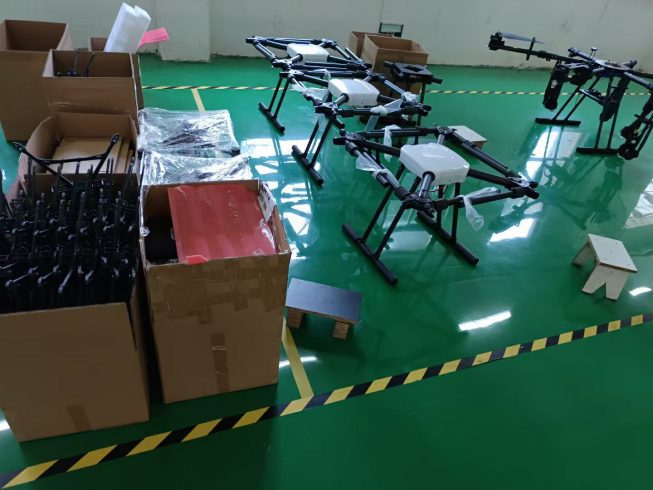
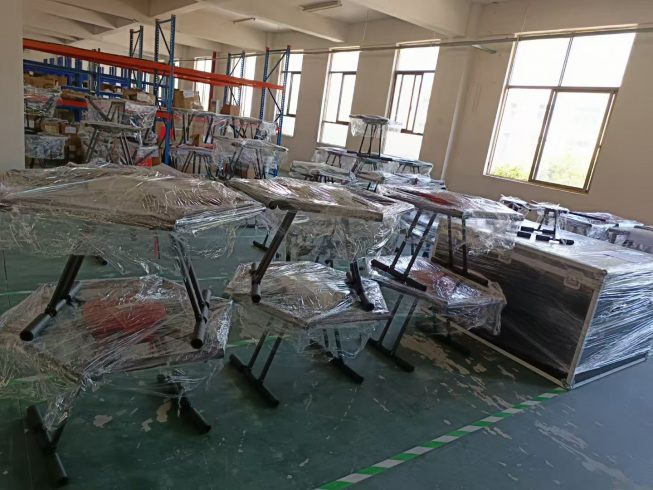
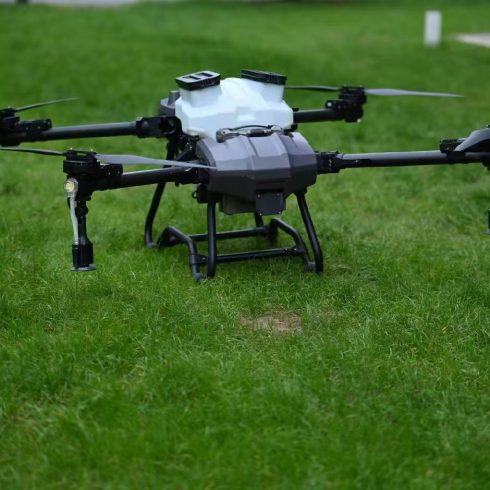
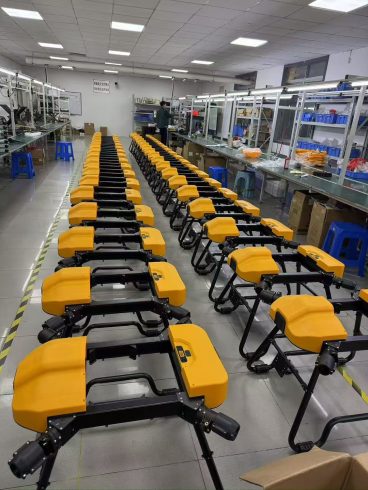
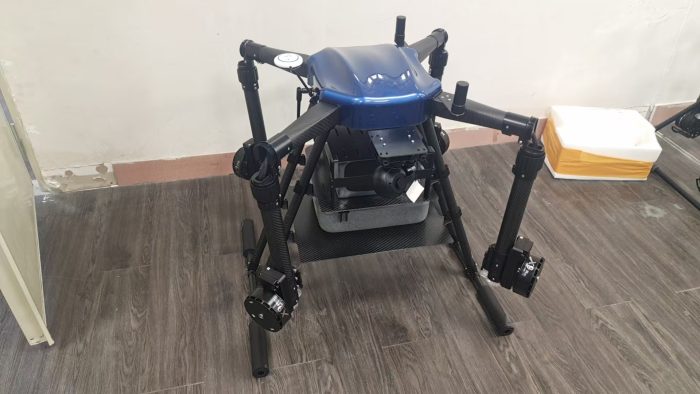
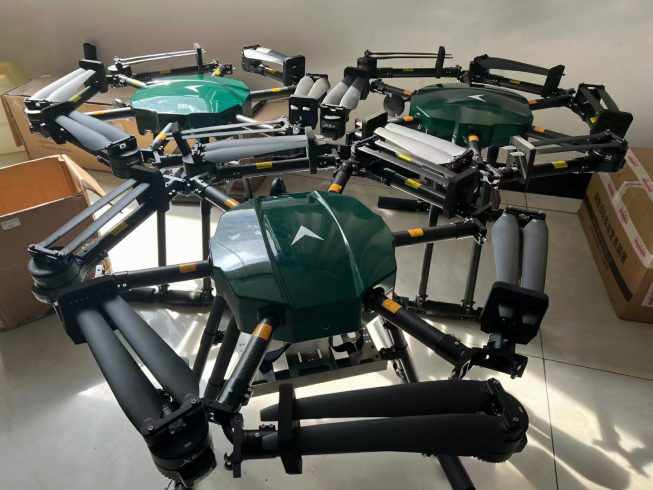
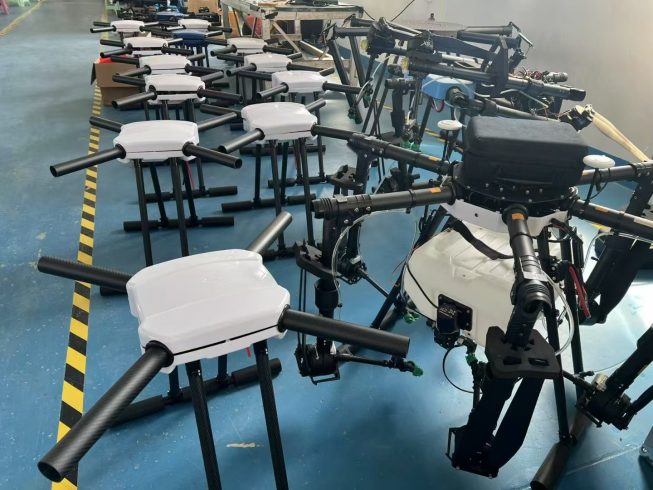
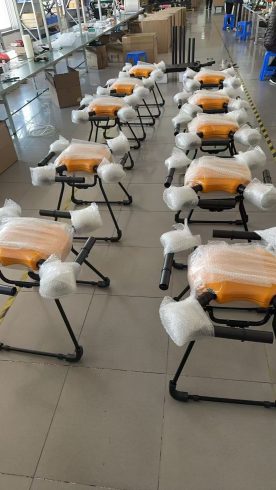
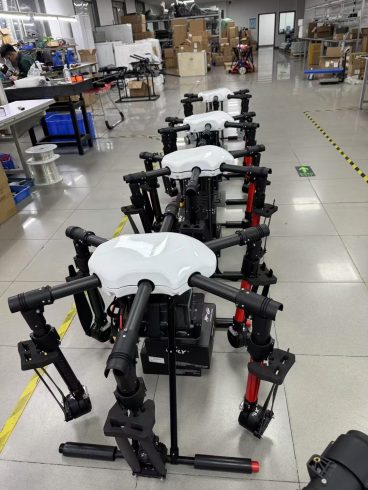
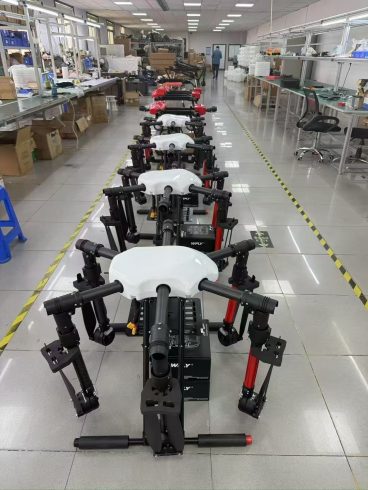

暂无评论内容